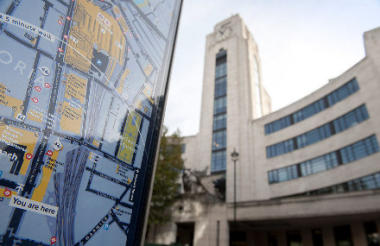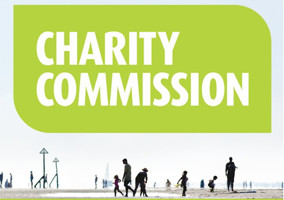The Charity Commission has improved significantly since 2013 but still has more to do to improve, a report by the National Audit Office found today.
The NAO’s report follows up from one in 2013 which found the Commission was “not an effective regulator” and one in 2015 which found the Commission was making good early progress.
Today's report found the Commission has made good progress against five of the ten objectives the NAO identified in its 2013 report, fair progress against four, and limited progress only on one – budgeting and costing.
Charging for regulation
The report says the Commission “has not set out clearly what it needs in the medium- and long-term to be an effective regulator” and this is hampering the debate about charging.
The absence of a clear timetable to achieve an agreed position about the required level, and source, of longer-term funding means the Commission is exposed to risks,” the report says.
The report finds that the Charity Commission budget has fallen by 40 per cent in real terms over the last decade, during which time the income of the charities it regulates has almost doubled.
It says that greater clarity is needed on the regulator’s proposals, in order to maintain good relations with the sector.
“The Commission needs to develop a better understanding of the expectations of the sector and its key partner organisations,” the report says.
“The Commission has made some initial speeches on what its new regulatory approach means for the sector. There is scope to reinforce the message by other means to manage expectations and to raise awareness.”
Digital transformation budget doubles
The Commission’s digital transformation programme received £8m funding from HM Treasury, but will now cost almost £16m, although cost savings will reduce the effective budget back down to around £12m. The Commission is funding the increase from its existing core budget.
The report says that “bespoke legacy systems” are still causing problems for the Commission, and it is having trouble collecting all the data it would like. However it says that overall good progress is being made.
New powers used 50 times
The report says the Commission has used its new powers 50 times without challenge since May 2016.
“However the Commission does not have tested, systematic ways of identifying what powers it needs and whether its current powers continue to be sufficient,” the report says.
Partly as a result of new powers, the Commission is reducing its case backlog.
“At 31 March 2016, of 135 live inquiries, 24 were more than three years old and 31 were two to three years old,” the report says. “By 31 December 2016, these had reduced to 21 and 14 respectively.”
Board effectiveness improved
The review “found a capable and committed board with a wide range of skills and experience”, the report says. It says the skills and diversity of the Commission board have improved, but that there does not appear to be a plan to reduce board involvement.
“There does not appear to be a plan, as requested by the minister, for managing board members’ time commitment to reduce it to 12 to 18 days per year,” the report says. “Board members told us that the allowed time commitment of 24 days per year is not currently realistic. More allowance for recruitment and induction would help.”
The report also calls for better relationships between the board and the staff.
“There is a gap between staff and the board more generally,” the report says. “There is a need for more engagement through internal communications, and board members should have a clear purpose for engaging with the staff.”
The report also found that a key board subcommittee had been too focused on “reputational risk driven by media coverage”. It says discussion should be more closely aligned with the Commission’s priority risk areas (safeguarding; fraud and financial irregularity; and public trust and confidence) and the Commission’s risk approach.
Commission response
The Commission said it expects that this report will end the NAO’s formal engagement with the Commission.
William Shawcross, chair of the Commission, said: "I am delighted this report recognises the huge strides we have made in the last five years to become a more effective, risk-based regulator. There is still work to be done but as my time at the Commission comes towards an end, we can rightly be proud of the transformation we have gone through. Huge credit must be given to our incredible staff who have been central to this throughout.
Helen Stephenson, chief executive of the Commission, said: "This report chimes with my initial reflections of the Commission – that of a team who are hardworking, innovative and strive to continuously improve in order to achieve the best to protect charities and the public. Great progress was made in transforming our systems, processes, approach and attitude under Paula’s leadership to become a truly digitally focused, modern regulator. I look forward to continuing that progress in line with this report’s positive recommendations in the coming months, including the pressing matter of securing a sustainable funding model for the years ahead.
Related articles












